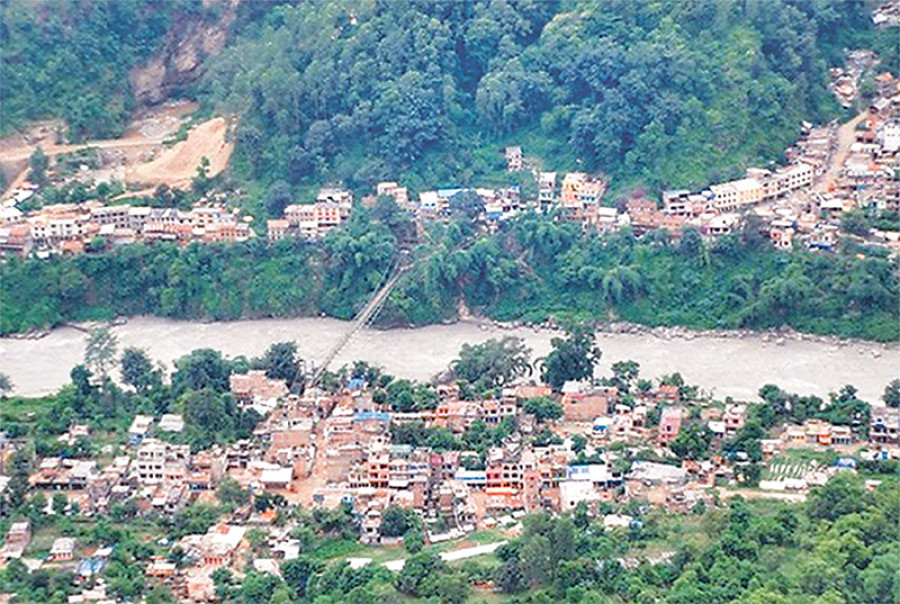Money
Budhi Gandaki hydro project plunges into uncertainty
The long-held plan to expedite construction of $2.5-billion Budhi Gandaki Hydropower Project is unlikely to materialise anytime soon, as the government has scrapped an agreement signed with a Chinese company hired to build the 1,200-megawatt project.
The long-held plan to expedite construction of $2.5-billion Budhi Gandaki Hydropower Project is unlikely to materialise anytime soon, as the government has scrapped an agreement signed with a Chinese company hired to build the 1,200-megawatt project.
A Cabinet meeting held on Monday revoked the deal sealed with the Chinese company as per the “instructions issued by parliamentary committees”, Deputy Prime Minister and Energy Minister Kamal Thapa said via Twitter. He tweeted saying the agreement was signed “illegally and haphazardly”.
The government, however, has not come up with a new plan to build the project touted as key to making Nepal self-sufficient in electricity generation.
A Cabinet meeting held in May had decided to award the contract to build the project located in Gorkha and Dhading districts to China Gezhouba Group Corporation (CGGC). In June, the then energy minister Janardan Sharma and CGGC President Lv Zexiang had signed a Memorandum of Understanding (MoU) to build the project under the engineering, procurement, construction and finance (EPCF) model. The agreement was signed in the presence of the then prime minister Pushpa Kamal Dahal and Chinese Ambassador to Nepal Yu Hong.
At the time of signing the MoU, the Chinese company had agreed to arrange soft or commercial loans from Chinese financial institutions to build the project under terms and conditions acceptable to the Nepal government. The government at that time had said a final agreement to hand over the contract would be signed if the Chinese company’s financial proposal was sound.
But after around four months of signing the MoU, a joint meeting of the Agriculture and Water Resources Committee and Finance Committee of Parliament directed the government to scrap the agreement stating the decision to hand over the project to the Chinese company was against the country’s legal provisions and breaches the Public Procurement Act.
The government had handed over the contract of the biggest reservoir project to the Chinese company without initiating a competitive bidding process. However, major political parties, including Nepali Congress which is leading the government now, had remained silent about the issue at that time.
“It is unfortunate that we have not been able to establish rule of law in the country.... It appears the Chinese company was selected and later sacked without following due legal processes,” said Hari Bhakta Sharma, president of the Confederation of Nepalese Industries, one of the biggest private sector umbrella bodies. “These types of decisions create policy uncertainty, and an unpredictable situation for investors.”
Budhi Gandaki, a national pride project of the government, has been highlighted as a key hydroelectric project to resolve the perennial power crisis facing the country. Currently the government is acquiring land from locals in Dhading and Gorkha to build the project.
The hydroelectric project was recently listed as a component of the Belt and Road Initiative (BRI), the China-led plan that envisages greater trade and connectivity and supports construction of infrastructure projects.
The Chinese government was very keen on having a Chinese company develop the project, and had even inquired about it during then PM Dahal’s visit to China, according to sources.




 9.89°C Kathmandu
9.89°C Kathmandu














